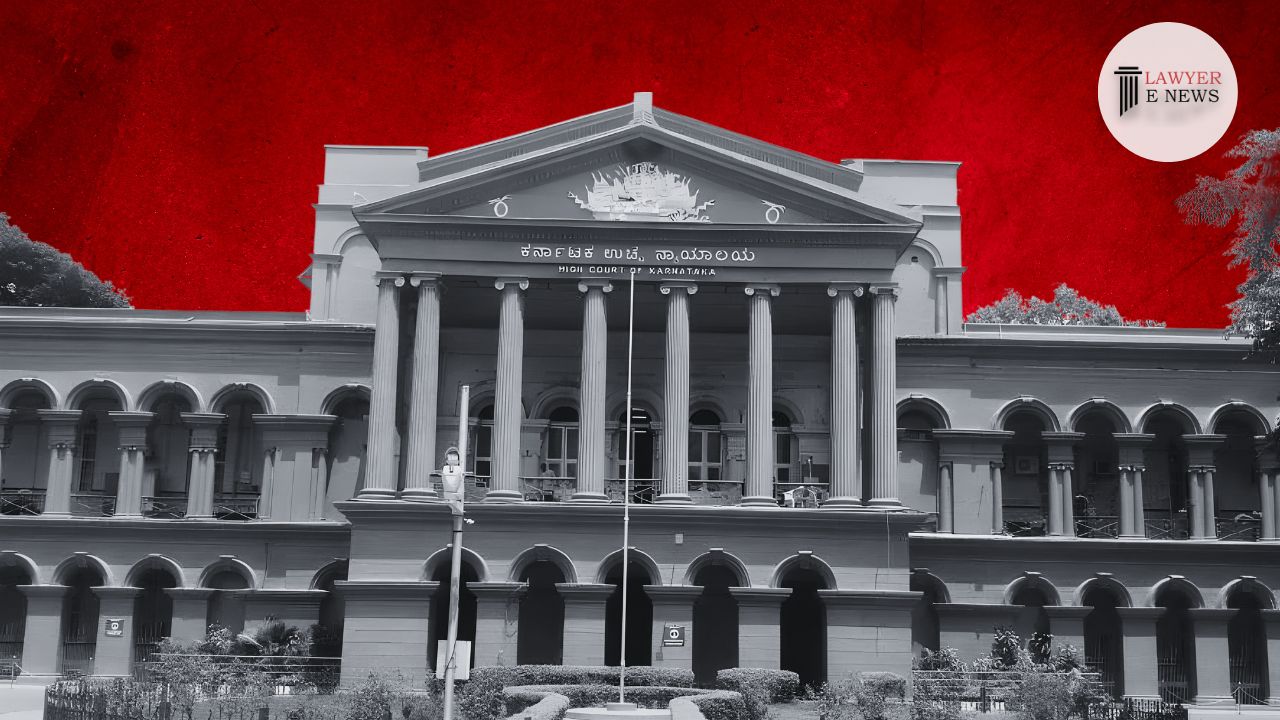-
by sayum
16 February 2026 8:46 AM



The High Court of Karnataka emphasized the need for legal sanctity in India for children adopted abroad by Indian citizens, stating, “Children of Indian Citizens Adopted Abroad Cannot Be Left Marooned.”
The petitioners, Indian citizens residing in Kenya, had adopted a child in Uganda. Seeking legal recognition in India, they approached CARA but faced inaction. The matter revolves around cross-border adoption and the complexities arising due to India being a signatory to the Hague Convention, while Uganda is not.
Facts and Issues: The petitioners, who lived in Uganda from 2011 to 2018, legally adopted a child there. Their requests to CARA for recognizing the adoption in India were not responded to, leading to this legal battle. The key issue was the legal recognition of an adoption process completed in a non-Hague Convention country by Indian citizens.
Legal Framework Applicability: The Juvenile Justice Act and CARA Regulations were applicable. However, the unique situation of the petitioners, involving a non-Hague signatory country, led the court to interpret the laws innovatively.
Judicial Review and Adaptation of Laws: The court highlighted its role in adapting laws to unique situations, citing the English case of Seaford Estate V. Asher.
Foreign Judgments in India: Applying Section 13 of the Code of Civil Procedure, the court recognized the Ugandan court’s judgments as conclusive, provided certain conditions are met.
CARA’s Role and Responsibilities: The court directed CARA to consider the petitioners’ representation and to issue a No Objection Certificate, harmonizing international and national legal norms.
Decision: The court ordered CARA to process the representation by the petitioners and grant a No Objection Certificate for the adoption within six weeks.
Date of Decision: 26th March 2024
Sri Ravi Kumar C. & Smt. B. Tanuja v. Central Adoption Resource Authority & State Adoption Resource Authority
